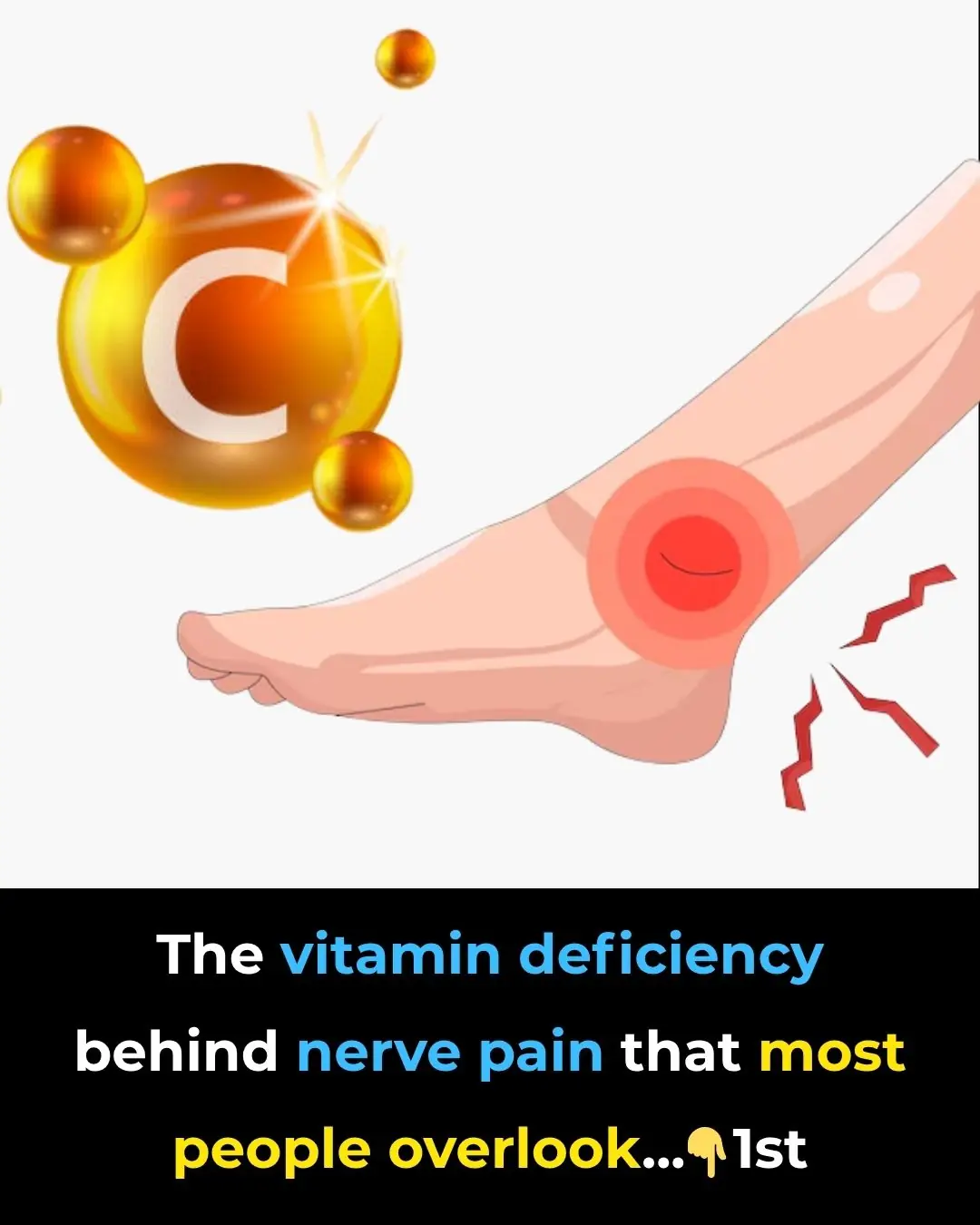
Why Some People’s Skin Turns Red When Drinking Alcohol
The Disturbing Reason Why Some People’s Skin Turns Red When Drinking Alcohol
Many people enjoy the warm, relaxed feeling that comes after a drink or two — alcohol has long been associated with social bonding, stress relief, and celebration. But for some, even a single sip triggers an unexpected and sometimes embarrassing reaction: sudden, intense facial redness.
If you’ve ever found your face turning bright red after a glass of wine or beer, you’re not alone. And according to medical experts, this phenomenon reveals something important — and potentially dangerous — about how your body handles alcohol.
The “Alcohol Flush” Reaction Affects Millions
More than 540 million people worldwide experience facial flushing after consuming alcohol. While it might appear to be a harmless cosmetic issue, doctors warn that this reaction is tied to genetic factors that affect how your body metabolizes alcohol — and may signal deeper health concerns.
This condition is especially common among individuals of East Asian descent, but it can affect people of any ethnicity.
What Causes the Redness?
Every time you drink alcohol, your liver starts breaking it down through a two-step metabolic process:
-
Ethanol → Acetaldehyde
Alcohol is first converted into acetaldehyde, a toxic and highly reactive compound. -
Acetaldehyde → Acetate
Next, acetaldehyde is broken down into acetate, which is much less harmful and is safely eliminated from the body.
However, people with alcohol flush syndrome carry a genetic variant — often a defective ALDH2 enzyme — that makes the second step slow and inefficient. As a result:
-
Acetaldehyde builds up rapidly
-
Blood vessels dilate
-
The body triggers a histamine response
This leads to symptoms such as:
-
Bright red or blotchy facial skin
-
Rapid heartbeat
-
Nausea or stomach discomfort
-
Dizziness or headaches
-
Warm or burning sensation in the face and neck
-
Congestion or stuffy nose
The flushing occurs because acetaldehyde causes blood vessels to open up under the skin, making the redness especially visible.
Is It Dangerous?
Unfortunately, yes — and not just because of the outward appearance.
Acetaldehyde is a known carcinogen, meaning constant buildup in the body can increase the risk of several serious health conditions. Research has linked alcohol flushing to a higher likelihood of:
-
Esophageal cancer (particularly squamous cell carcinoma)
-
High blood pressure
-
Heart disease
-
Chronic liver damage
-
Increased hangover severity
Even short-term symptoms — like rapid heartbeat or dizziness — can indicate that your body is under stress and struggling to process alcohol safely.
In other words, the redness isn’t just a surface reaction. It’s your body’s alarm system.
Can You Prevent Alcohol Flush?
Since the condition is genetic, there’s no true “cure.” Some people use antihistamines before drinking to reduce redness, but doctors strongly advise against this:
-
Antihistamines only hide symptoms
-
They do not stop acetaldehyde buildup
-
They may encourage heavier drinking without reducing the underlying risk
The only reliable way to prevent flushing — and protect your health — is to limit or avoid alcohol.
Why Many People Choose Dry January — and Even Continue After
Those who experience flushing often find traditional drinking uncomfortable, which is one reason many participate in Dry January — an increasingly popular month-long challenge to abstain from alcohol.
But the benefits extend far beyond avoiding a red face.
Research from the University of Sussex showed participants experienced:
-
Better sleep quality
-
Increased daytime energy
-
Stronger focus and productivity
-
Healthier-looking skin
-
Improved mood and mental clarity
-
Reduced alcohol dependence months later
Dr. Richard Piper, CEO of Alcohol Change UK, emphasized:
“Dry January offers the opportunity for a total reset.”
In addition to health improvements, many people also report saving money, losing weight, and feeling more in control of their habits.
Final Thoughts
If your skin turns red after drinking alcohol, it may be your body’s way of telling you something important. This reaction isn’t just a harmless blush — it’s a sign that your body is struggling to break down a toxic byproduct, potentially putting you at higher risk for long-term health issues.
Even for people who don’t experience flushing, alcohol consumption still carries risks such as liver disease, high blood pressure, and certain cancers.
The safest approach?
Listen to your body, limit your drinking, and consider taking alcohol-free breaks — not just for your skin, but for your overall long-term health.
If you’d like, I can also:
✅ Shorten this into a social media post
✅ Turn it into a video script
✅ Add more scientific explanations
News in the same category

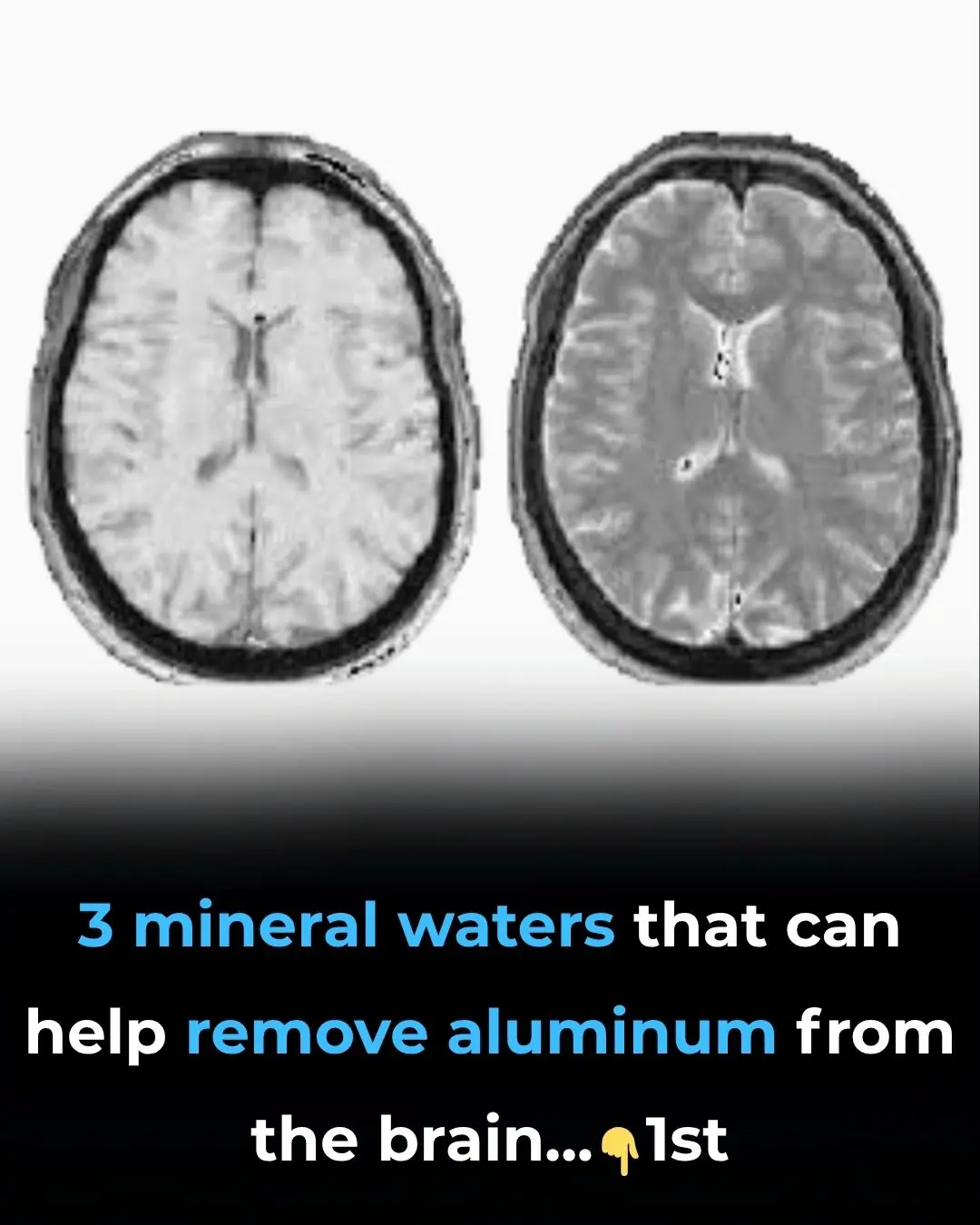
3 Mineral Waters That Can Help Remove Aluminum From The Brain
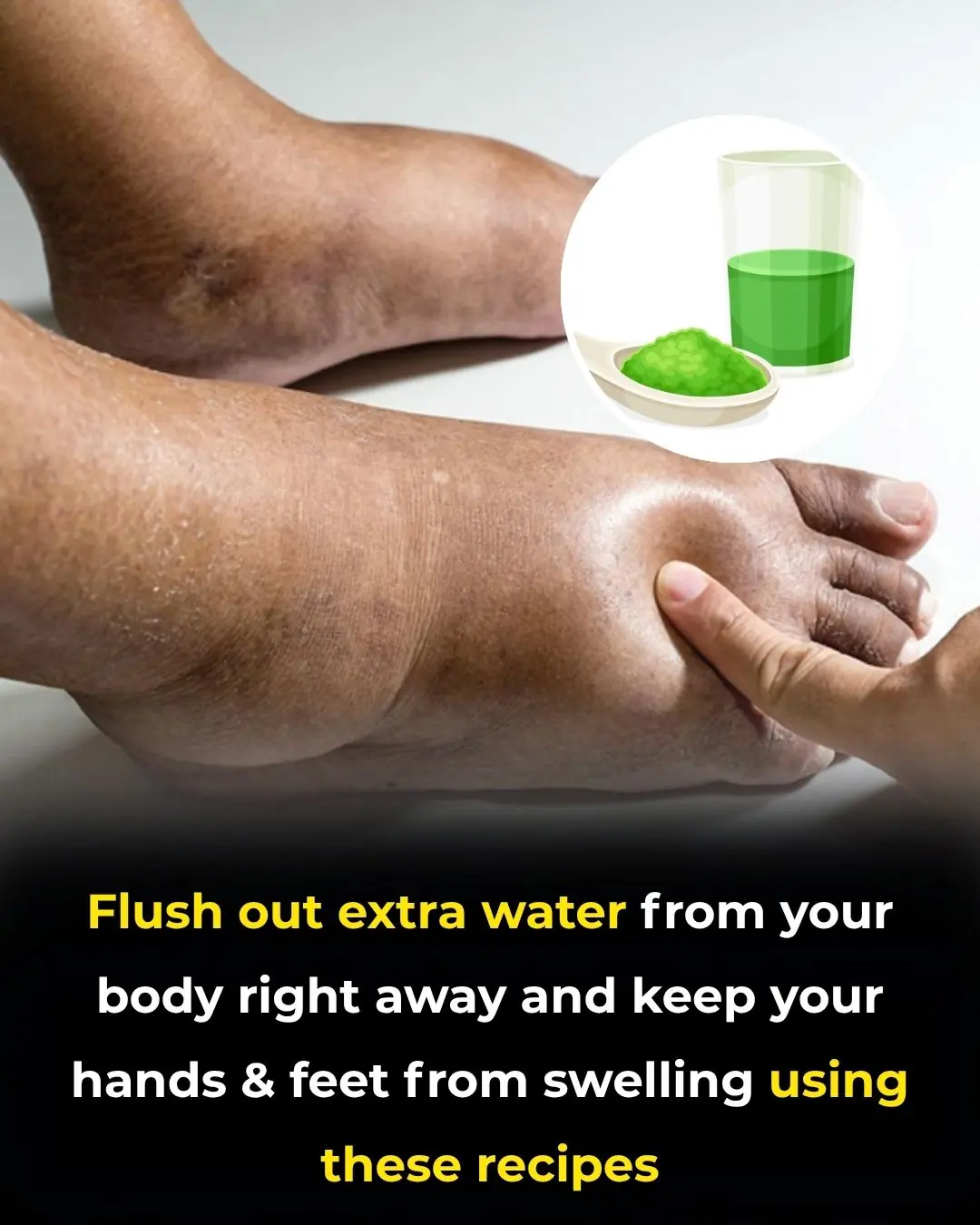
Say Goodbye to Swelling: Natural Ways to Beat Water Retention Fast!
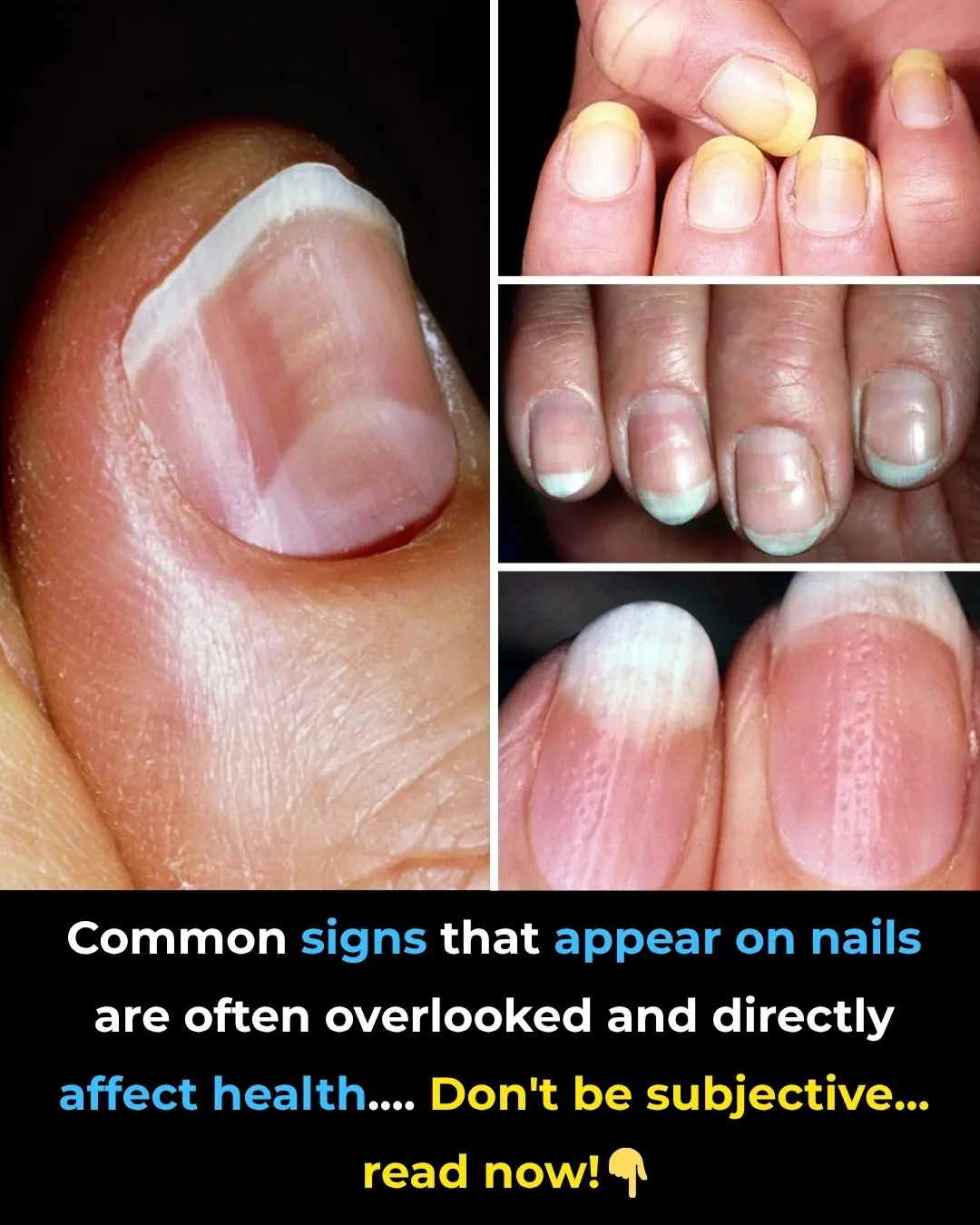
What Your Nails Reveal About Your Health: Hidden Signs You Shouldn’t Ignore

The #1 reason to drink lemon water daily (and the mistakes that ruin it)
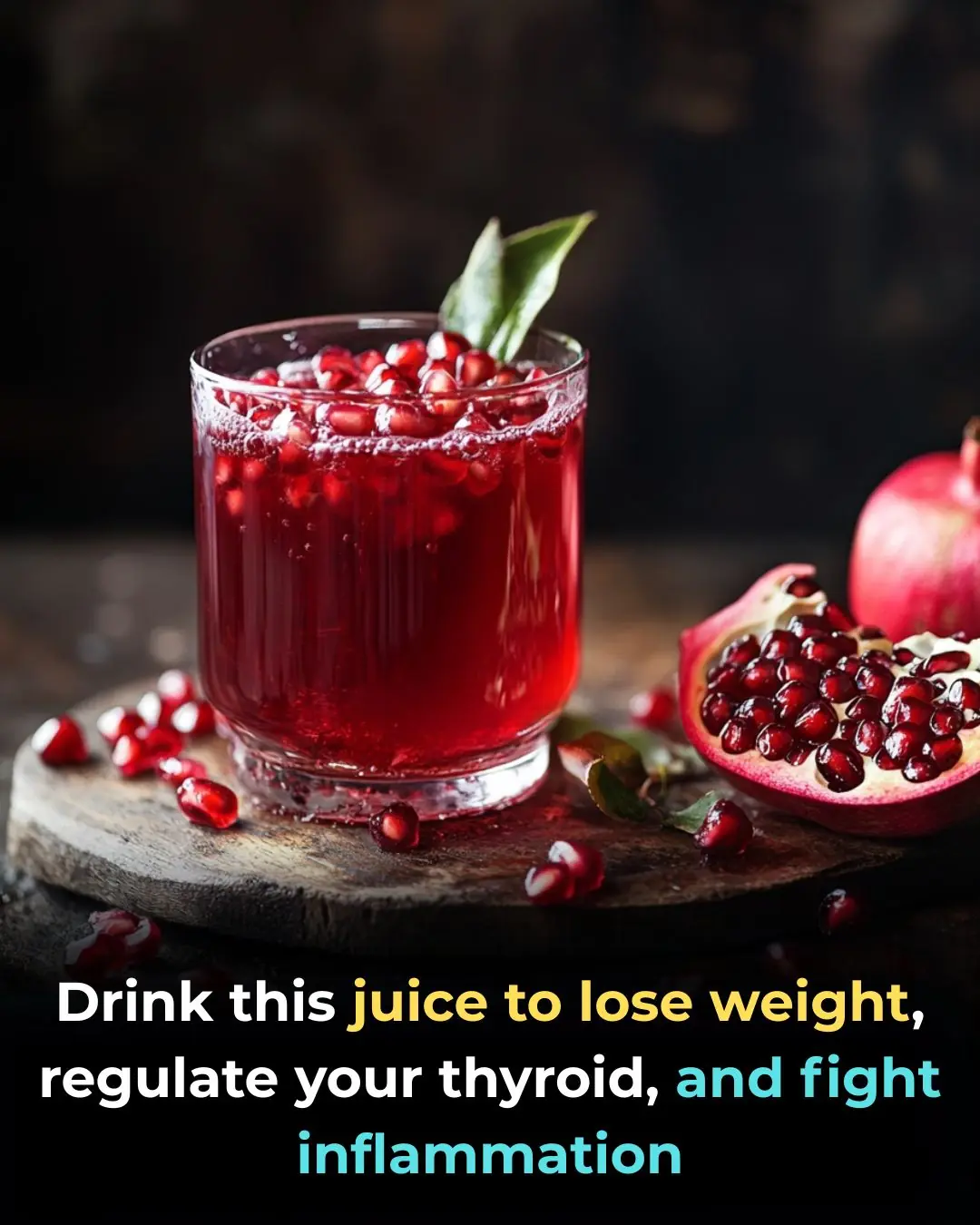
Maintain Your Thyroid in Top Condition with This Juice

Eggs in Pregnancy: How They Can Supercharge Your Baby’s Brain Development
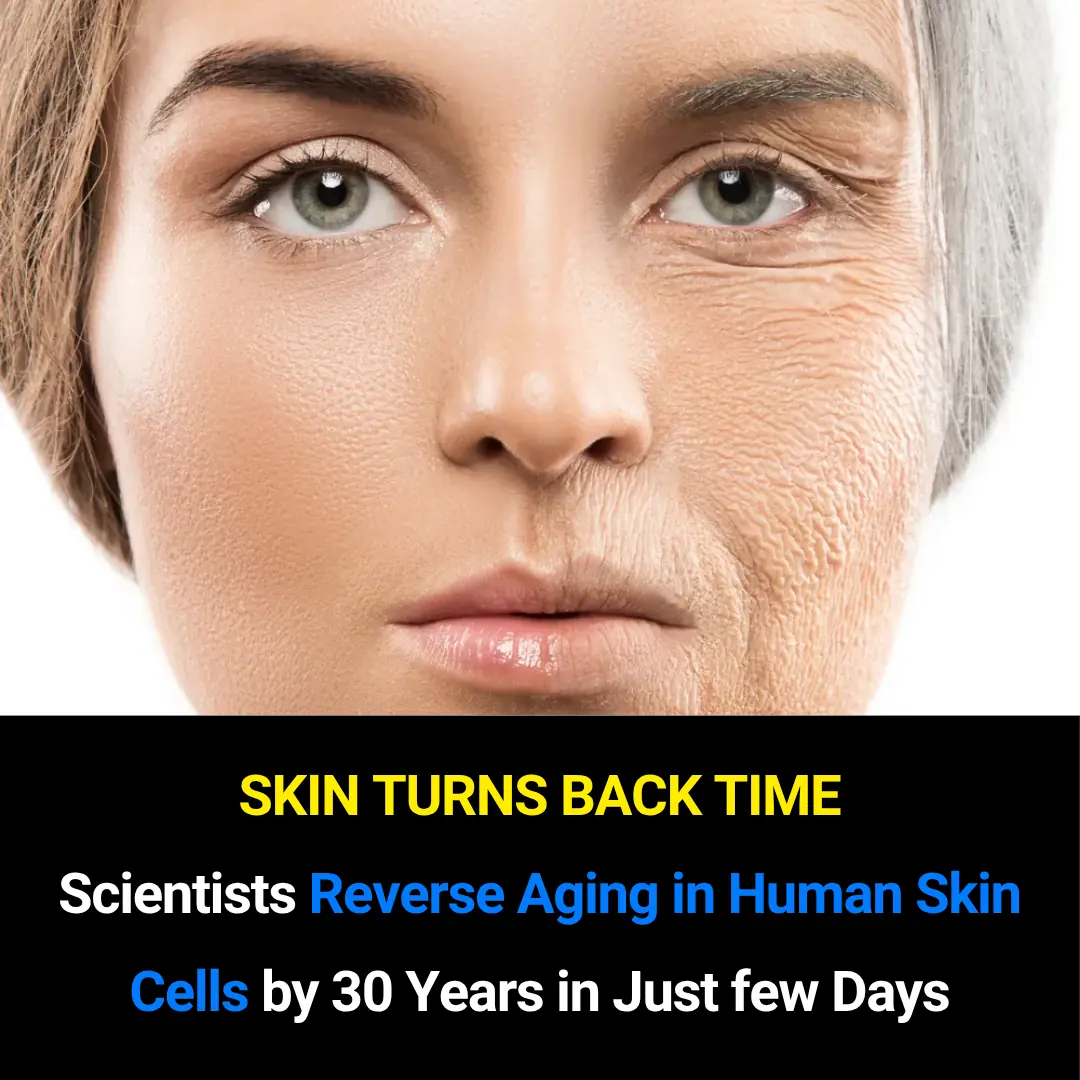
Scientists Achieve Breakthrough in Reversing Human Skin Cell Aging by 30 Years: A New Era for Anti-Aging and Regenerative Medicine

Eating Eggs Weekly May Reduce Alzheimer’s Risk by 47%: What New Research Reveals
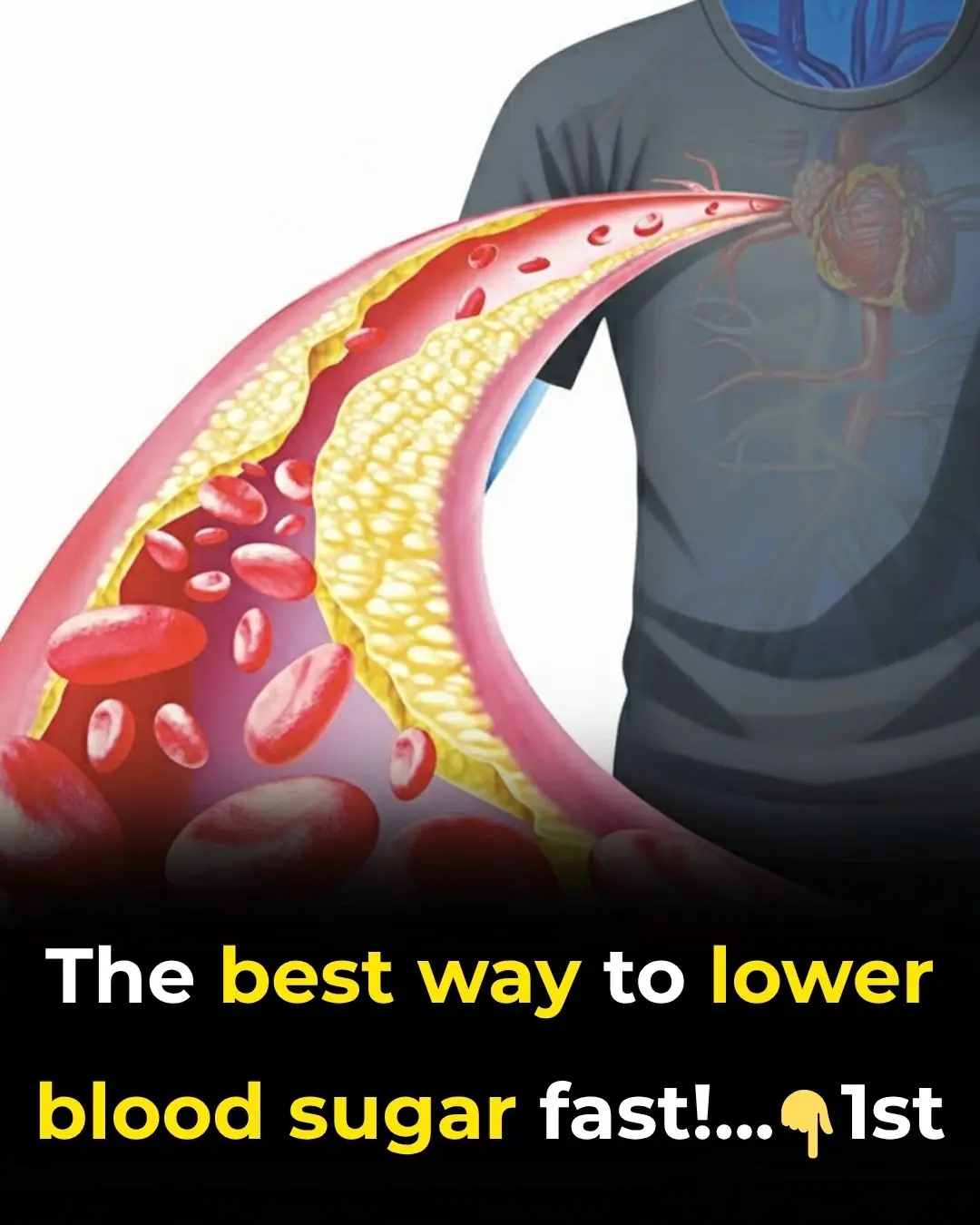
The best way to lower blood sugar fast!

Signs of pancreatic cancer you should never ignore

Top 3 Foods to Prevent Leg Cramps in Seniors: Strengthen Your Legs Naturally!
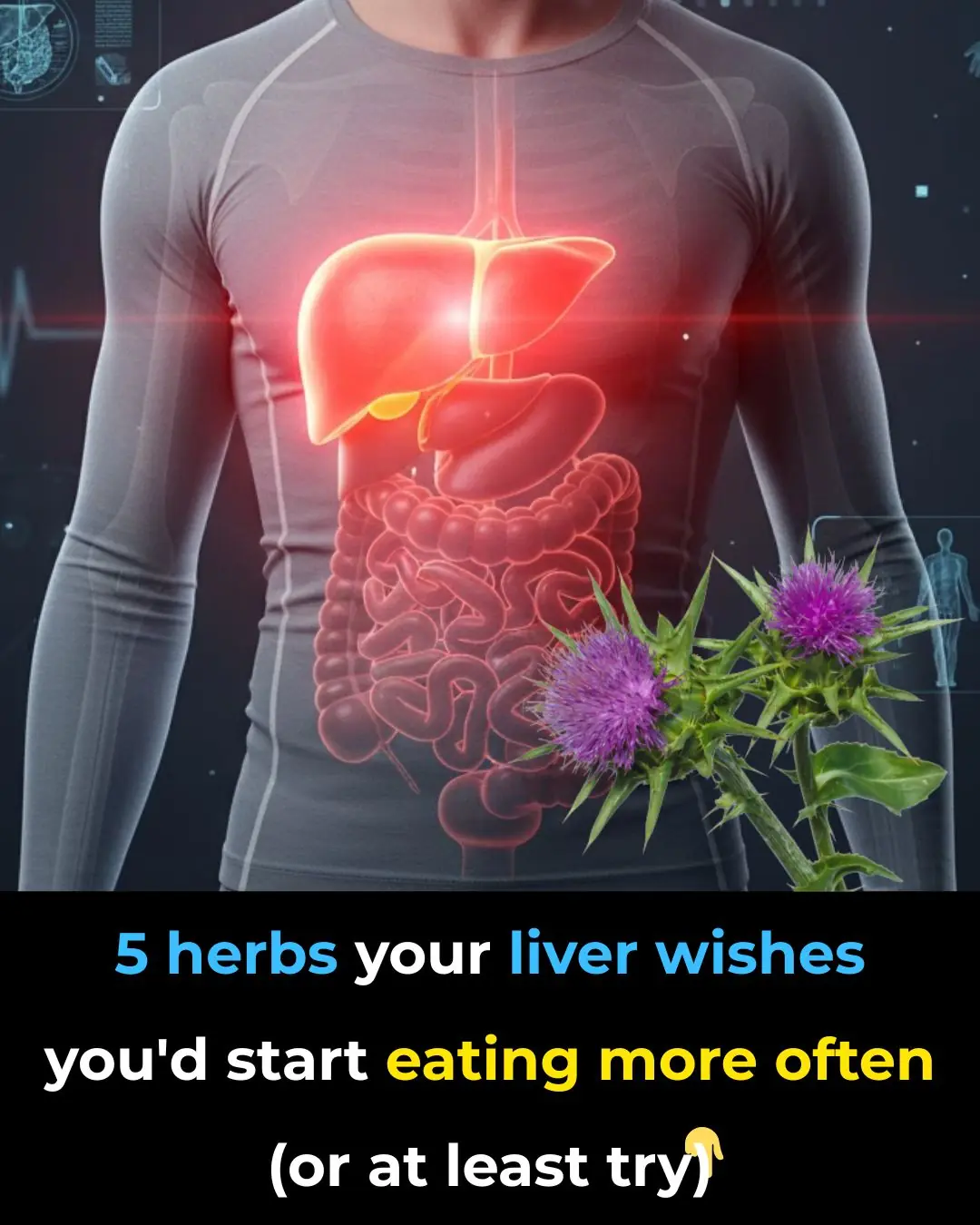
5 Herbs Your Liver Wished You’d Start Eating More Often (Or At Least Try!)
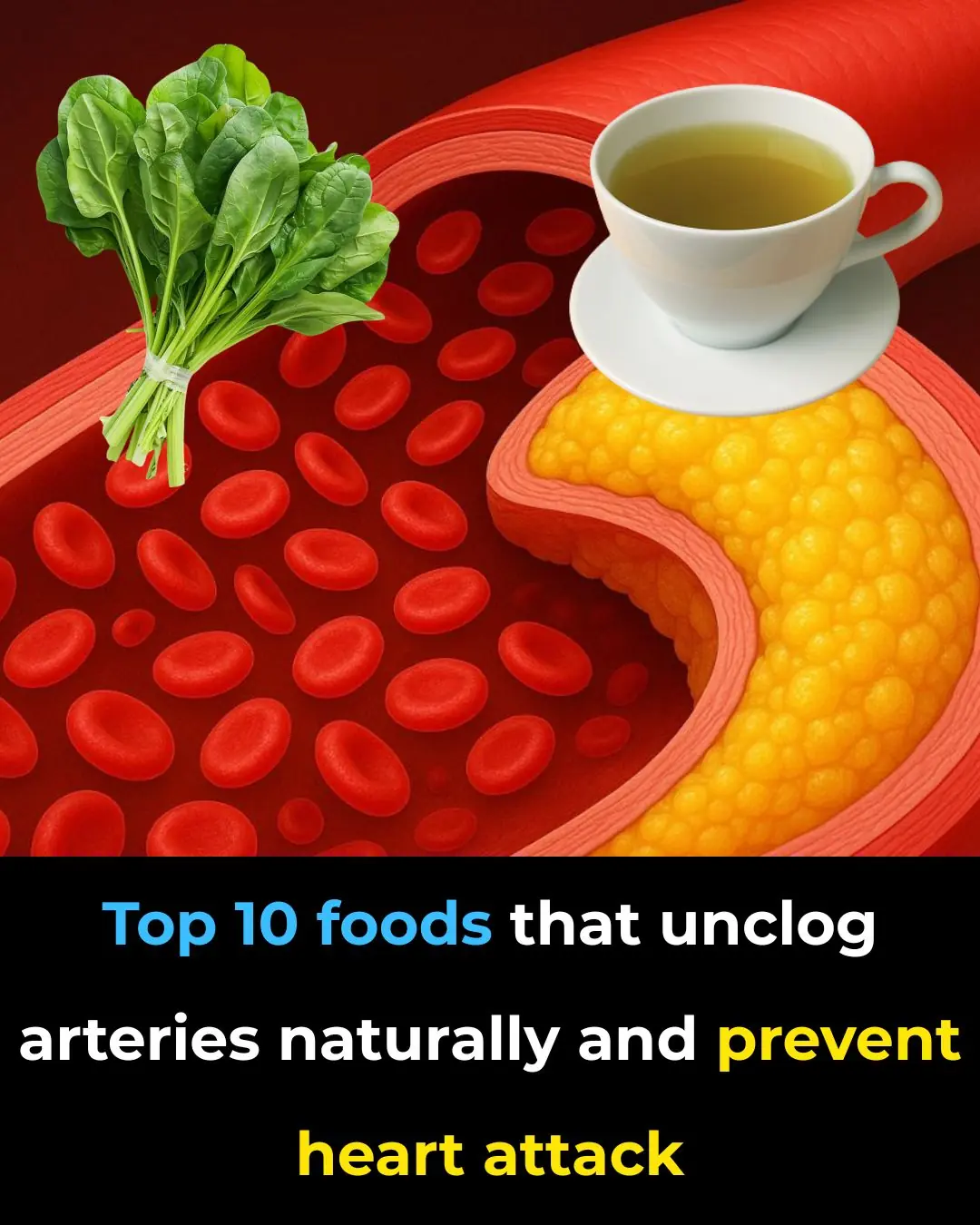
Top 10 foods that unclog arteries naturally and prevent heart attack
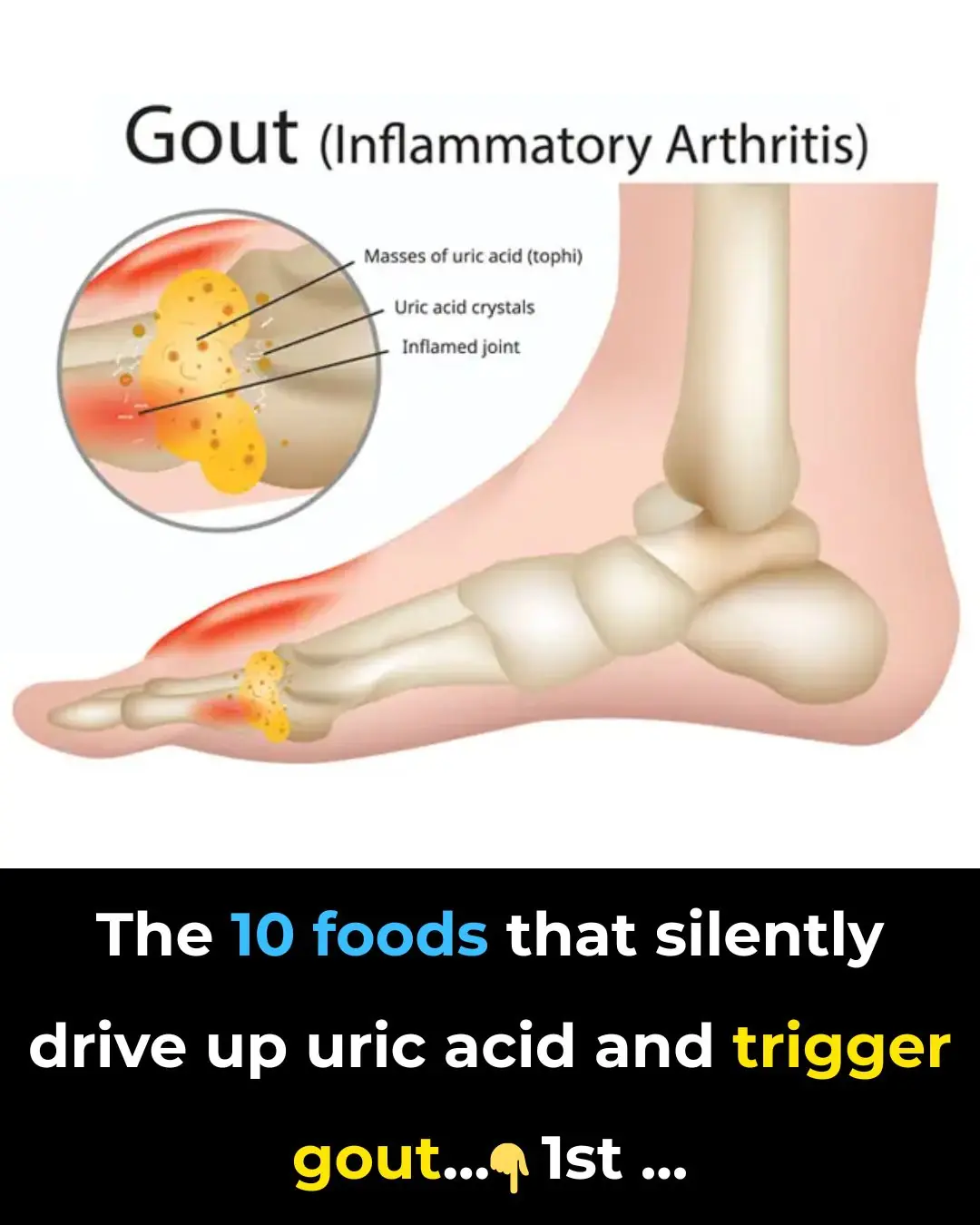
Top 10 Uric Acid Foods To Avoid If You Have Gout

The natural ingredient that helps you sleep through the night and boosts fat burning
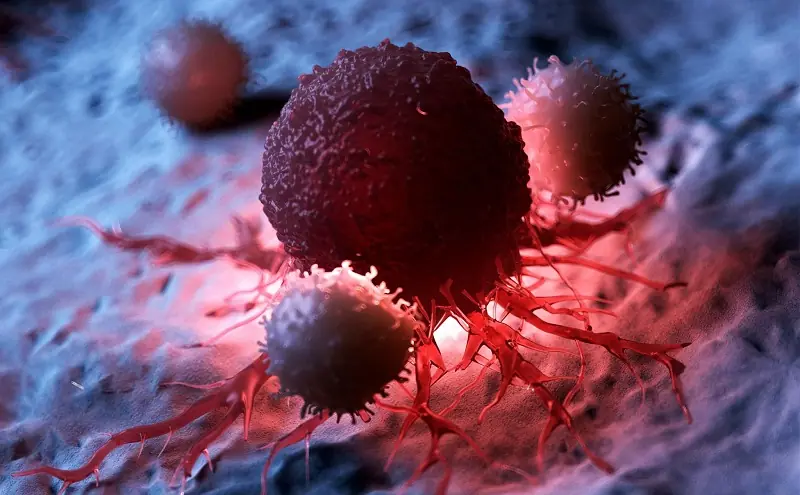
Cancer Dies When You Start Eating These 8 Foods. Time To Start Eating Them
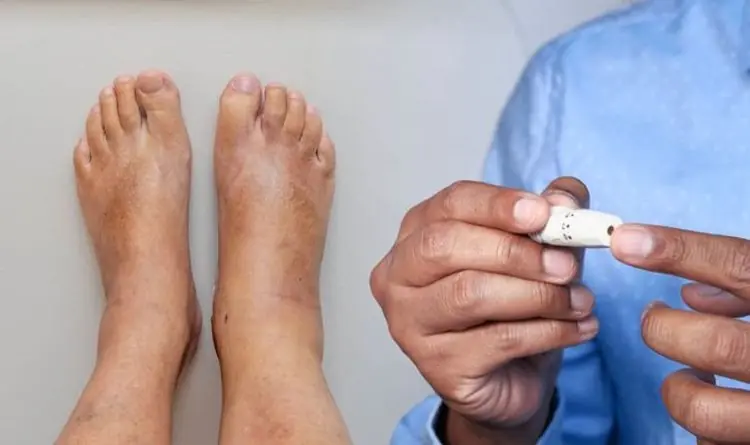
Your Feet Are A ‘Blood Sugar Meter’ – Beware Of Diabetes If You Frequently Experience These 12 Symptoms
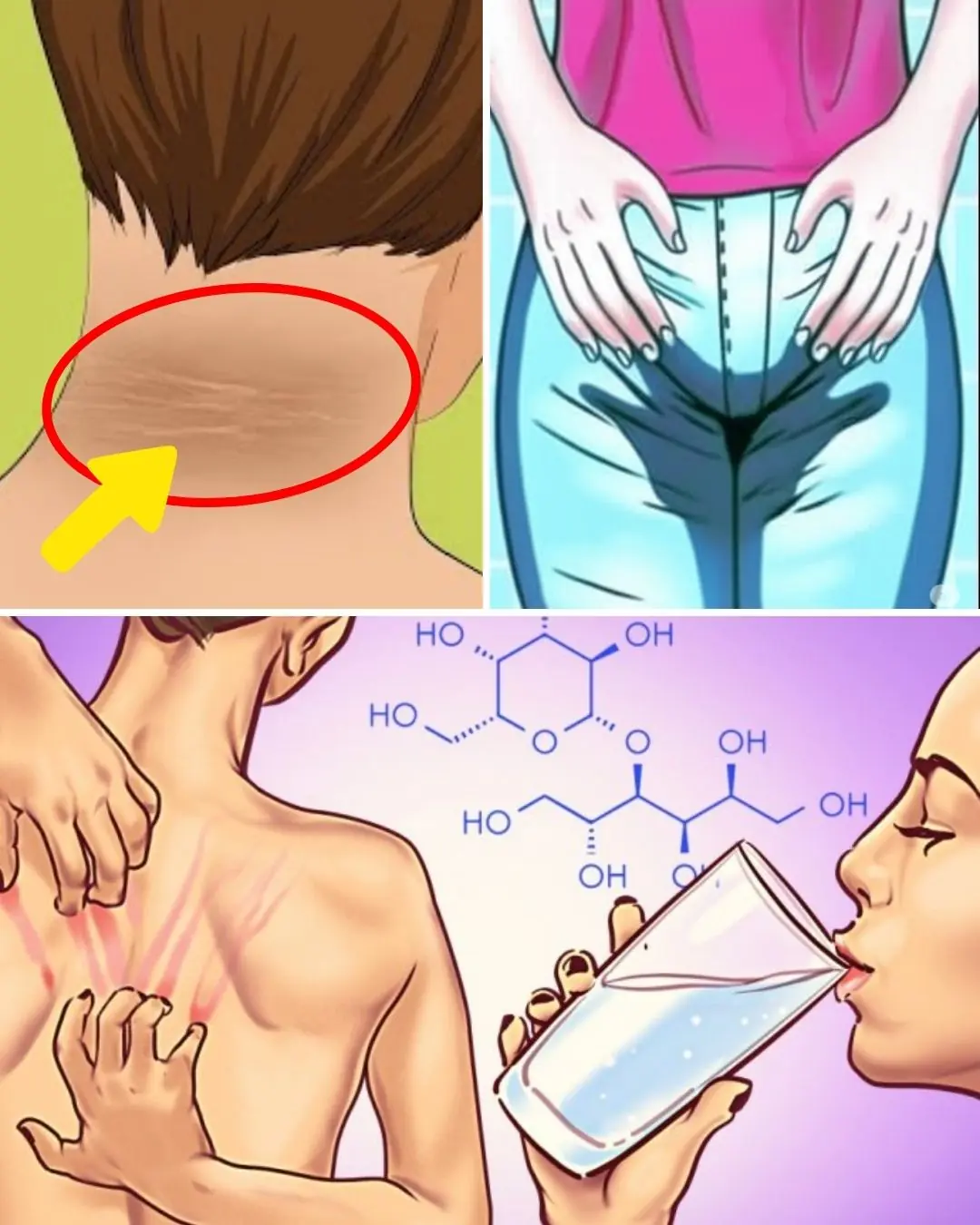
What are the symptoms of diabetes?
News Post

Ariana Grande gives shocking update on music career after ‘Wicked: For Good’

Controversial I'm A Celeb star Ruby Wax's changing face

MAFS UK's Abi issues emotional relationship status update

The “Hand of God” Technique: How a Simple Gesture Brought Humanity Back Into Isolated Hospital Rooms

Ant McPartlin's tattoos explained – from meaningful inking to poignant tribute
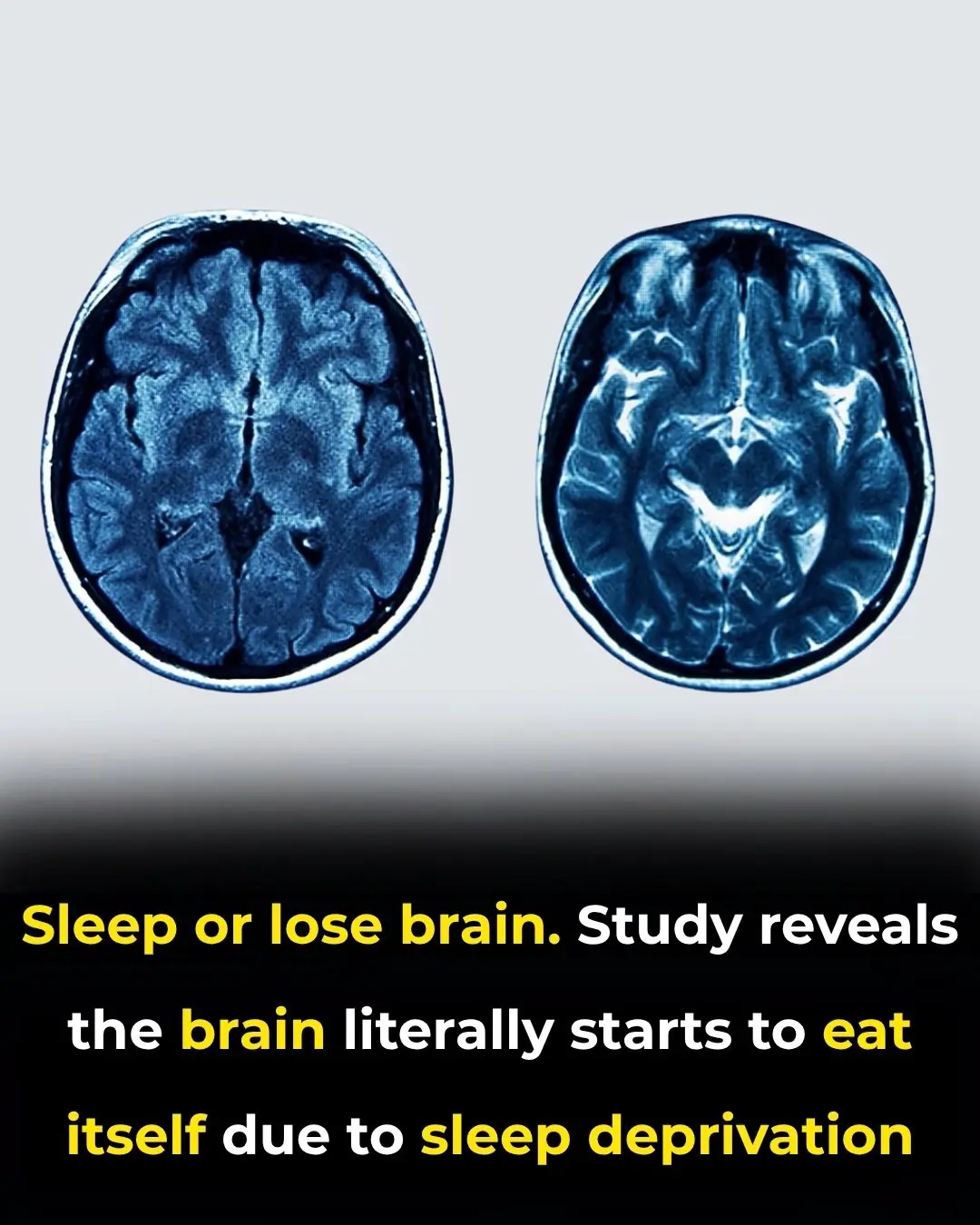
When the Brain Begins to Consume Itself: The Hidden Costs of Chronic Sleep Loss
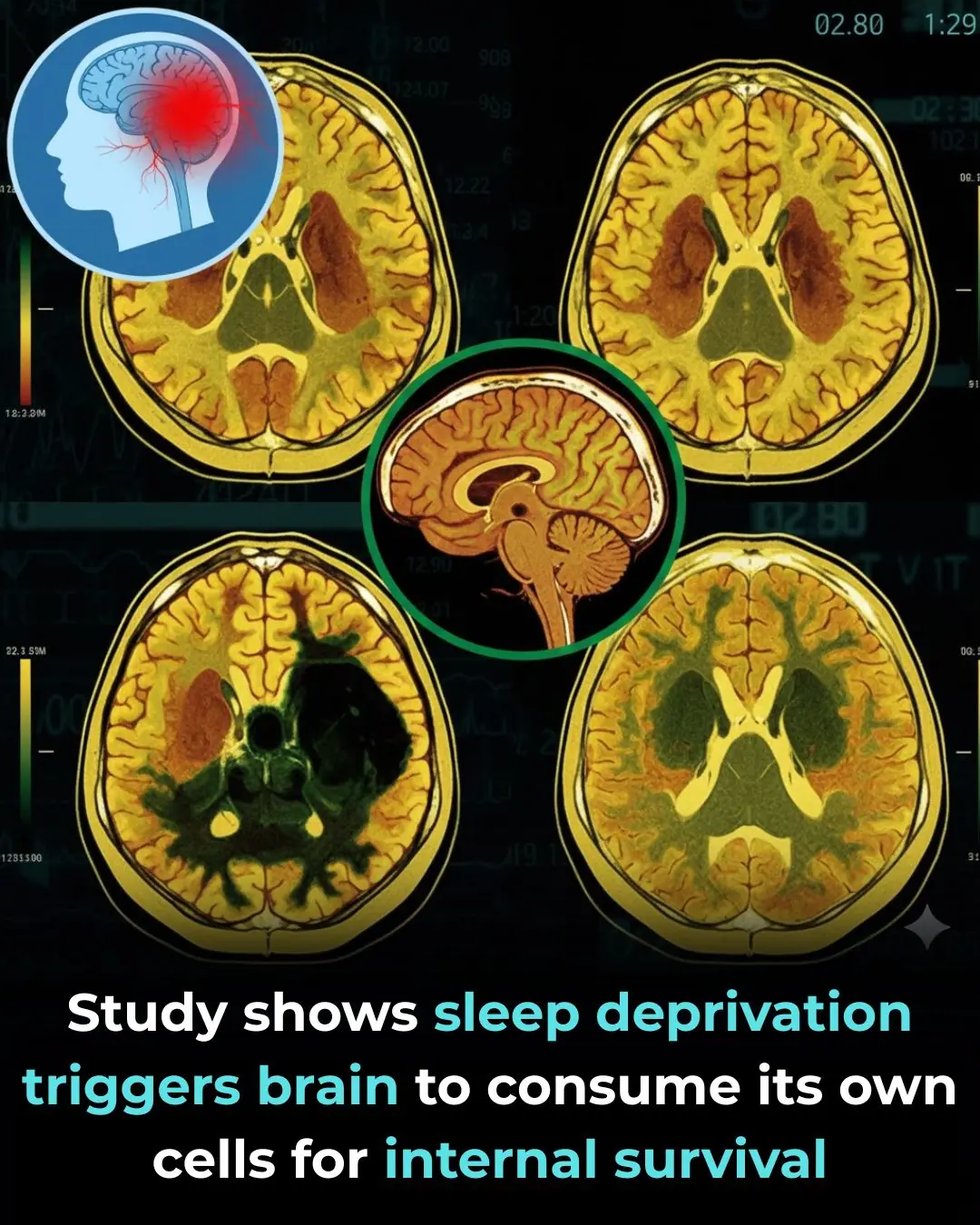
When the Brain Eats Itself: The Hidden Damage Caused by Lack of Sleep

From Self-Marriage to Self-Divorce: Suellen Carey’s Viral Journey of Self-Love

Kerry Katona undergoes corrective boob surgery as she gushes over beau Paolo's support
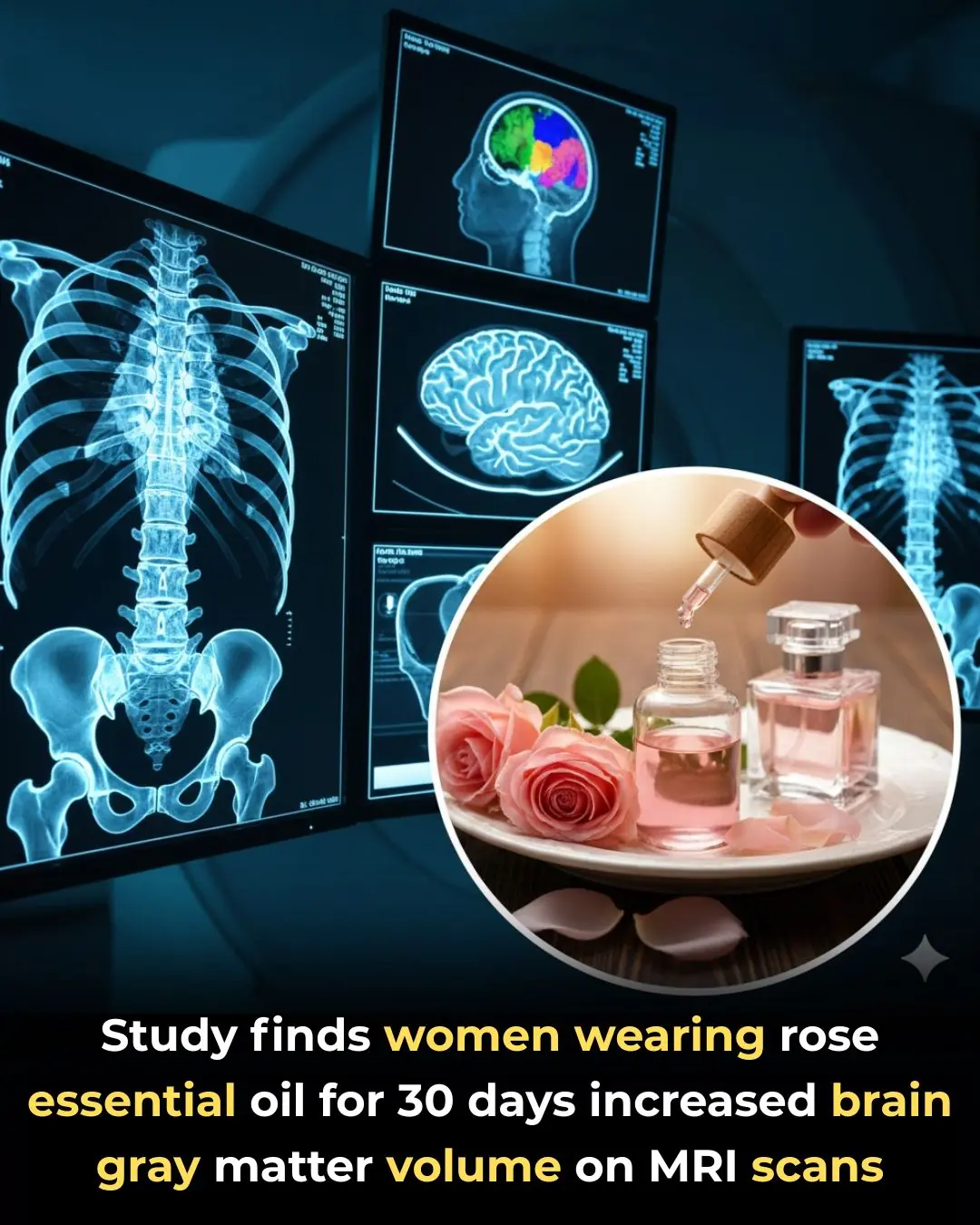
How Rose Essential Oil May Reshape the Brain: A Deep Dive Into a Surprising New Study

Celebrity MasterChef’s Gaz Choudhry fails to impress Grace Dent and John Torode and is sent home

DANIEL RADCLIFFE SENDS LETTER TO NEXT HARRY POTTER AND RECEIVES AN INCREDIBLY HEARTWARMING REPLY

The Hidden Years of Postpartum Recovery: How Motherhood Reshapes the Brain

I’m A Celebrity 2025: What the meaning is behing Shona McGarty’s piercings and tattoos

HOW CANCER CAN CAUSE DYSLEXIA AS MARTIN KEMP OPENS UP ABOUT EXPERIENCE ON I'M A CELEB

Unattractive Traits That Can Secretly Ruin a Relationship

Things You Should Never Do to Avoid Lightning Strikes

BILLY BOB THORNTON REVEALS TRUTH ABOUT INFAMOUS BLOOD VIALS WITH ANGELINA JOLIE

Nerve Pain Relief? The Vitamin Deficiency You Never Suspected!
